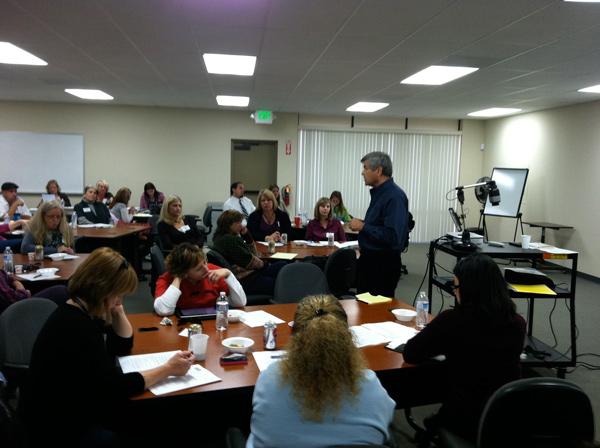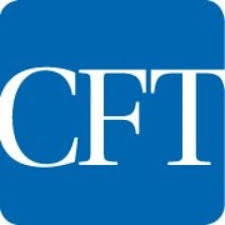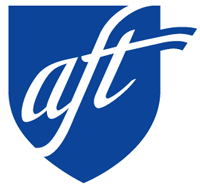 |
Framing Our Message ~ Our Voice We agree with our SW TURN (Southwest Teacher Union Reform Network) colleagues, “We have come to realize that politicians and the business community have controlled efforts around recent school reform. Educators it seems, if not silent, have been reluctant to engage in a very public dialogue. We also realized that our communications to date have been insufficient in building the support necessary to implement our ideas around school reform. Not only has the quantity been insufficient but the quality has been lacking. We need a new strategy for communicating (framing our message) if we are to be successful. We must learn these new strategies if we are going to impact policy-makers.” |
|
What is framing? Framing is a proprietary approach to communications research and practice that pays attention to the public's deeply held worldviews and widely held assumptions. Recognizing that there is more than one way to tell a story, Strategic Frame Analysis™ taps into decades of research on how people think and communicate. The result is an empirically-driven communications process that makes academic research understandable, interesting, and usable to help people solve social problems.
Quite simply, framing refers to the subtle selection of certain aspects of an issue in order to cue a specific response; as researchers have shown, the way an issue is framed explains who is responsible, and suggests potential solutions conveyed by images, stereotypes, messengers, and metaphors. (Frameworks Institute Washington, DC • info@frameworksinstitute.org) Below is a short summary of the effort we are engaged in. We want you to know where we are headed and hope you’ll join us. Phase I of Framing Our Message ~ Our Voice: The PFT Rep Council met February 16th with Bruce Dickinson, Co-Director of Southwest TURN (Teacher Union Reform Network) to develop an educator’s view of a plan for reforming schools that can be vigorously supported by our teachers, policy-makers and the public at-large and that actually results in improving student outcomes. We prepared ourselves to discuss current realities and our vision around a framed message box. PFT Reps, using the results and responses from our survey around teacher effectiveness, wrestled with identifying those values we hold most deeply around school effectiveness and strategies we believe to be the most effective in making those values a reality. We then compared our values against the values held by educators in the six states belonging to Southwest TURN, who have already engaged in this conversation and identified their values below.
Example of Framing, using Southwest TURN’s values above: Q: Why should teachers be laid off according to seniority rather than performance? Frame: Great question and I’m sure you are interested in getting real results for students as we are. Rather than debating which teacher gets laid off first due to budget cuts, we should be focusing on holding the politicians accountable to protect school funding. Pivot the conversation to your values: If we continue to slash school funding, we are risking our children’s future and those real results our student deserve. We must invest in the classroom priorities that build the foundation for student learning, things like early childhood education, smaller class sizes and a well-rounded education that will prepare our students to complete in the worldwide economy. Our meeting time ran out before any further conversation and/or decision making on our values, our frame. To be continued… PFT Executive Board’s Next Steps:
I’d like to thank our PFT Reps for their very thoughtful conversation and input around where we need to go next. A very special thank you to Bruce Dickinson, Co-Director of Southwest TURN for coming all the way from Colorado to introduce us to the concept of framing and for leading the conversation. Other thanks go to Frank Oppedisano, CFT Field Representative who plans to share our work with CFT leadership; Kate McKenna, Co-Director of CalTURN (California Teacher Union Reform Network) who has the ability to help us network with other locals in California; and our own Kimberley Beatty, Palomar Council Legislative Chair who can carry our voice to our parent community and local politicians. In Solidarity, Candy
|
|



